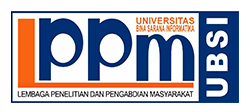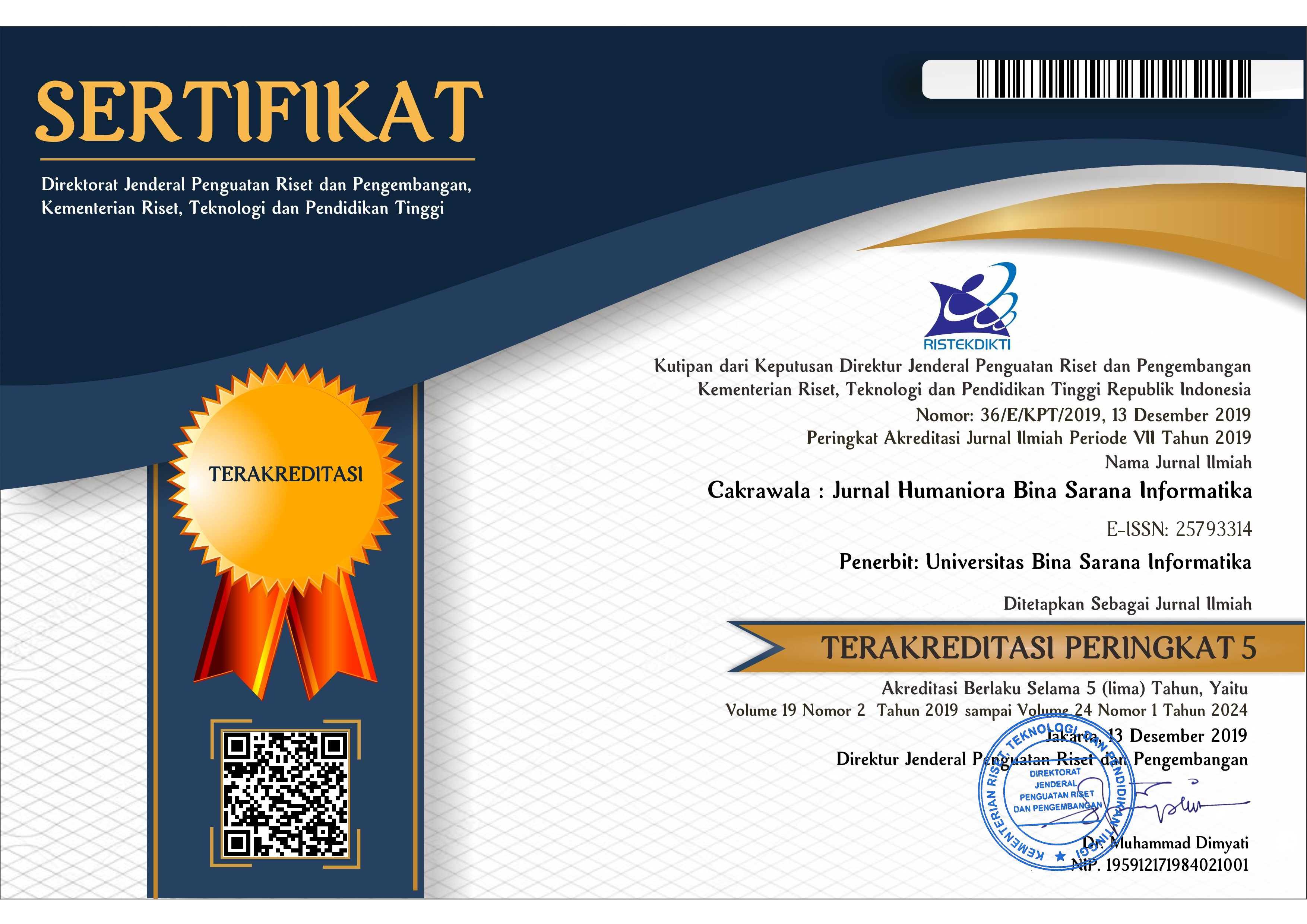Helping for Fraud Action: Studi Relasi Kooperatif Mahasiswa dalam Aksi Kecurangan
Abstract
Cooperative relations are often characterized by request and help to others in the fraud action. This study explores the motivation and psychological dynamics of students who help in cheating. The partisipants were 123 undergraduate students in Semarang city. The results found that the form of cheating helping behavior in academic fraud which included behavior helping in the exam and the manipulation of presences. Although risky, the provision of helping in fraud is still done because it is motivated by the desire to maintain the relationship (35.8%), fulfilling personal encouragement (28.5%), responding to the situation (15.5%) and meets the pressure of others (8.1%). The helping behavior in fraud such as, an active-direct contribution, an active-indirect, and passive contribution. The research has theoretical implications that support social determinations for teenagers, even at risky behaviors of fraud action.
DOI: https://doi.org/10.31294/jc.v20i1.7556
ISSN: 2579-3314


Dipublikasikan oleh LPPM Universitas Bina Sarana Informatika
Jl. Kramat Raya No.98, Kwitang, Kec. Senen, Kota Jakarta Pusat, DKI Jakarta 10450

This work is licensed under a Creative Commons Attribution-ShareAlike 4.0 International License









